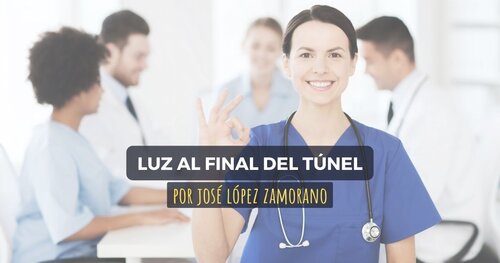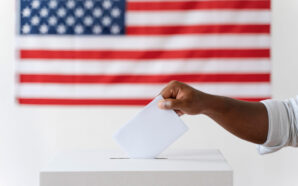Nothing better to rekindle hope than images of the first nurses, doctors, and hospital support staff being vaccinated against COVID-19.
It is, without a doubt, an extraordinary success of science to have managed to develop, in just a few months, highly effective and, as far as we know, safe vaccines to combat one of the most serious threats against humanity in modern history.
This is a breakthrough with a significant potential impact on the communities that have been most disproportionately affected by the pandemic. I’m talking about the essential worker community made up largely of Hispanics, African Americans, and other minorities.
Unfortunately, there is a high percentage of members of these vulnerable communities who still have high levels of skepticism about the safety and efficacy of the COVID-19 vaccine, despite the fact that its use has been officially authorized.
If we also add the historical distrust that some of these communities feel towards the federal government and towards the health system, it is evident that we have before us a serious public health challenge.
Although some surveys show an increase in the levels of public acceptance of vaccines since they were authorized by the federal government, others reflect that there is a need for a strong public awareness campaign to eliminate the doubts that still prevail among communities of color.
An AP / NORD survey clearly shows the dimensions of the problem. Only 34% of the Latino community plan to get vaccinated against the coronavirus at this time. The distrust of the African American community is even greater: only 24% of this community is willing to get the vaccine, despite the fact that it is already available.
Comparatively, 53% of non-Hispanic whites in the United States expressed their intention to get vaccinated when their turn comes.
The acceptance gap is worrisome because the communities least inclined to get vaccinated are the ones that currently face not only the highest number of cases and hospitalizations but also deaths. This is another perfect storm in the United States public health system.
To complicate matters, the survey shows a low level of trust in the general population towards their political leaders, the media, and pharmaceutical companies. Fortunately, there is a high level of trust in healthcare professionals.
I dare say that the same sense of priority given to the development of vaccines must be applied to persuading the most vulnerable communities, that it’s in their personal and collective benefit to get vaccinated in a timely manner.
Medical science perpetually seeks a balance between risks and benefits. In the case of COVID-19 vaccines, I have no doubt that the latter trumps the former. Personally, I wait for my turn to get vaccinated, hopefully most are thinking similarly. It is an individual responsibility, but also a collective commitment to humanity.
For more information visit www.laredhispana.com.






